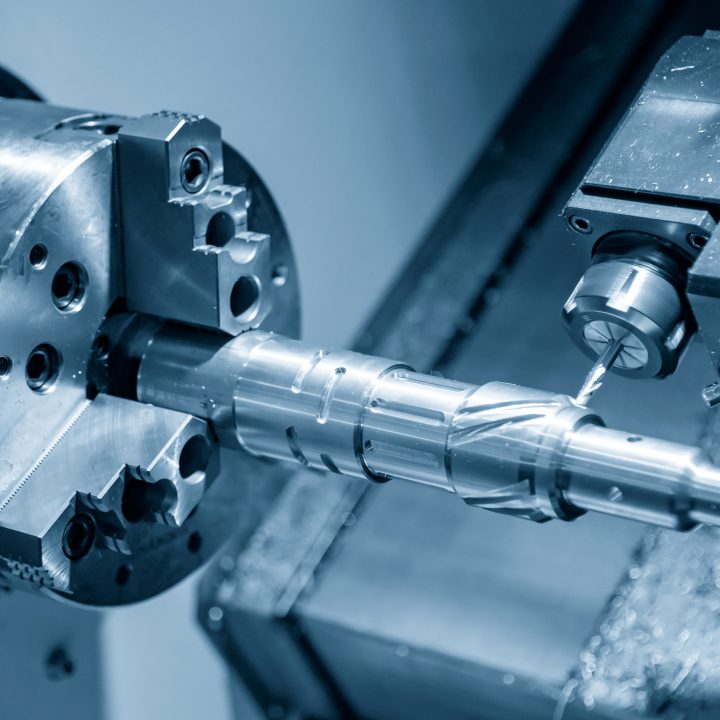
Many businesses today are grappling with workforce shortages, forcing them to rethink how to scale operations. A decade ago, automation was feared to displace workers, creating widespread unemployment. Leaders were cautious about investing in automation due to concerns over job security. However, in the past few years, the conversation has shifted. Automation is no longer seen as a threat, but as a necessary tool to combat labor shortages, particularly in industries like manufacturing. As businesses struggle to find enough workers, automation has become essential for growth and survival.
While traditional automation systems often appear too expensive and rigid for businesses, especially those with custom or low-volume production needs, Lean Partners offers a more flexible, cost-effective solution. Over the past 20 years, we’ve applied Lean Automation principles to help businesses automate in ways that support lean manufacturing. Our approach focuses on developing automation systems tailored to your specific needs, maximizing efficiency, reducing labor dependency, and increasing productivity. By integrating automation into lean processes, we deliver scalable solutions that are practical and aligned with your operational goals, addressing immediate workforce shortages while promoting long-term growth.
